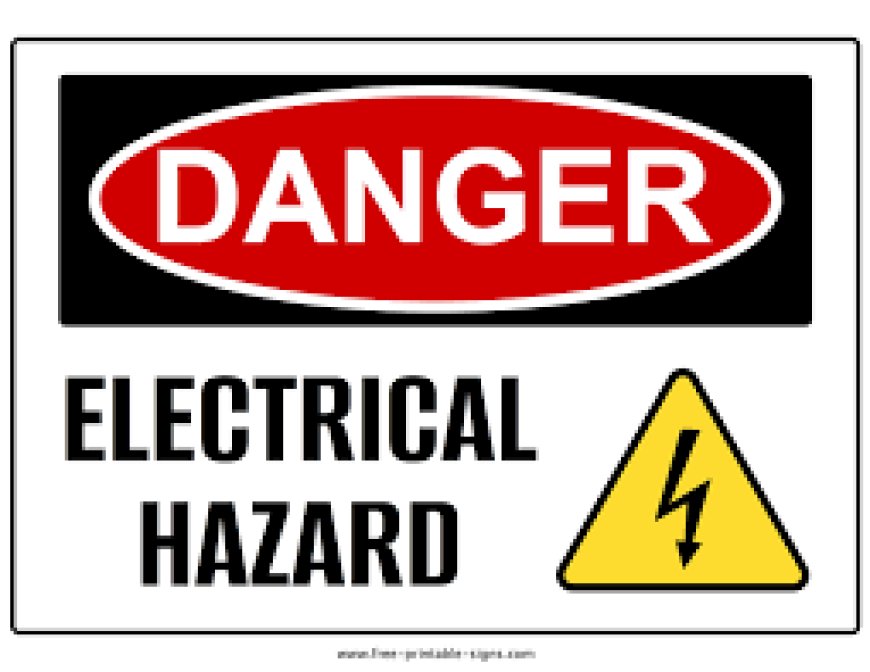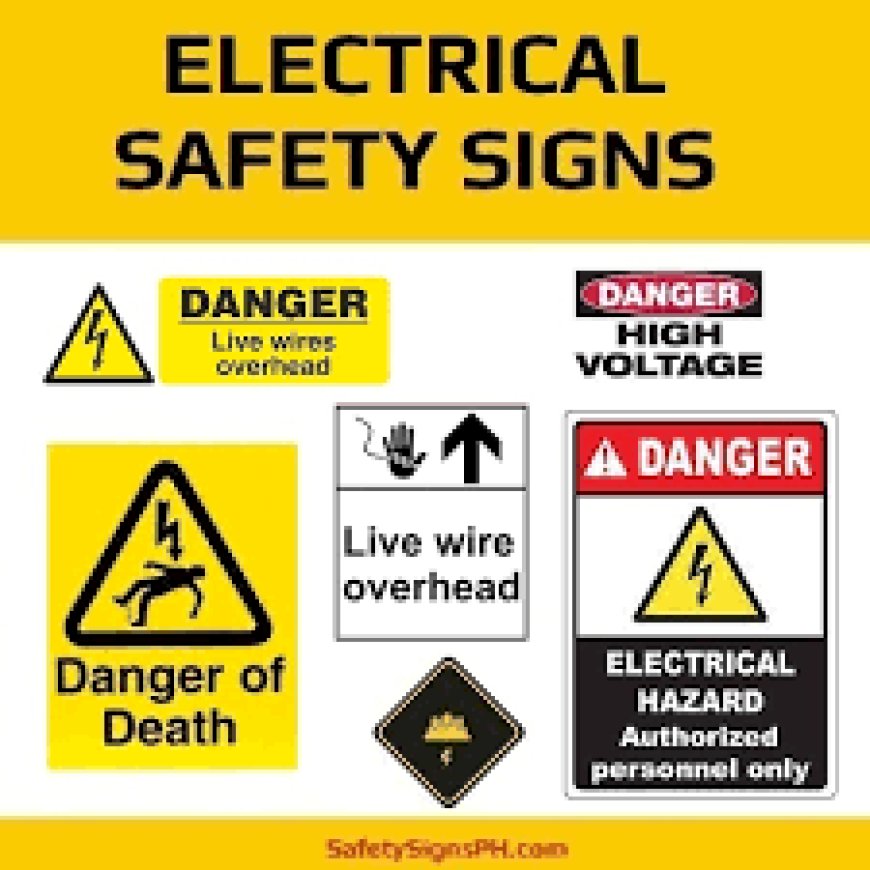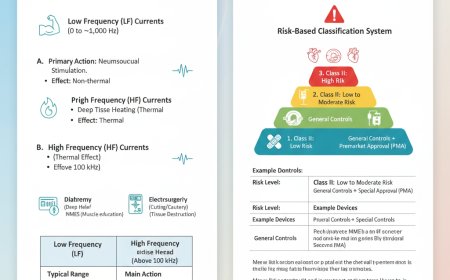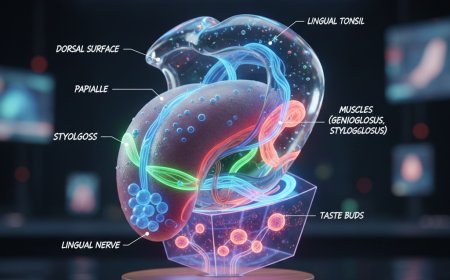Electrical Hazards in Hospitals: Meaning, Risks, and Importance
Electrical hazards in hospitals refer to the risks posed by electricity, such as shocks, burns, fires, and equipment failure, which can endanger patients, staff, and medical operations. Since hospitals rely heavily on electrical devices for diagnosis, treatment, and life support, any fault in wiring, equipment, or power supply can have serious consequences. Understanding the meaning of electrical hazards, recognizing their potential dangers, and implementing proper safety measures are essential to ensure patient safety, protect healthcare workers, prevent fires, and maintain uninterrupted medical care.

An electrical hazard is a possible source of injury brought on by the presence or improper use of electricity, which could result in burns, fires, electric shock, or equipment failure. While *hazard* denotes a circumstance or state that endangers people, property, or the environment, *electrical* refers to anything having to do with electricity or the flow of electric current. Since practically every department in hospitals depends on electricity to run medical equipment like ventilators, monitors, infusion pumps, ECG machines, X-ray units, and surgical instruments, electrical hazards are a serious concern. Serious risks can be posed to patients and medical personnel by defective wiring, broken power cords, overloaded outlets, incorrect grounding, or poorly maintained equipment.

patients—especially those in intensive care units or operating rooms—are extremely vulnerable. Even a small flaw can cause dangerous currents to flow through the body, which can cause harm or even death. Because of the presence of oxygen cylinders and other flammable materials, electrical hazards can also result in fires, which are particularly dangerous in hospital settings. Furthermore, a power outage that causes life-support equipment to abruptly fail can result in fatalities or serious treatment delays. Therefore, it is crucial to strictly follow electrical safety procedures, regularly inspect and maintain equipment, properly train staff, and use backup power systems like UPS units and generators.
What's Your Reaction?
 Like
0
Like
0
 Dislike
0
Dislike
0
 Love
0
Love
0
 Funny
0
Funny
0
 Angry
0
Angry
0
 Sad
0
Sad
0
 Wow
0
Wow
0






























